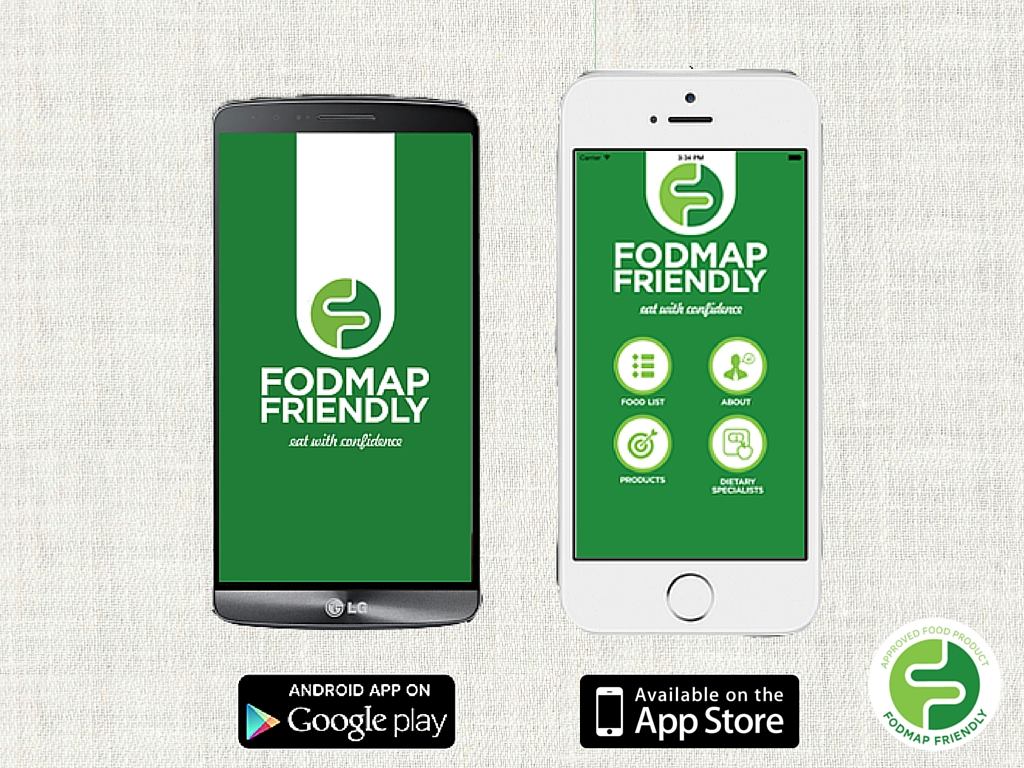5 Common Myths Linked To The Low FODMAP Diet
Posted on September 11, 2019
Irritable Bowel Syndrome (IBS) is the most common gastro-intestinal disorder worldwide affecting 1 in 7 people. These abnormal bowel functions can be embarrassing and often occur at the most inconvenient times. Luckily, eating a low FODMAP diet is the most effective way to manage this disorder. But first, we need to expose the 5 common myths linked to FODMAPs and the low FODMAP diet.

Myth 1: You must eliminate all FODMAPs from your diet.
The most common myth is that all FODMAPs have to be eliminated from a person’s diet to help with their symptom management. However, this isn’t the case. As the name suggests, the diet consists of consuming low amounts of FODMAPs instead of none at all. The low FODMAP diet does include an elimination phase which removes all FODMAP groups, then slowly challenges and reintroduces them back into a diet to determine the most tolerated or problematic triggers. Each low FODMAP diet is individually tailored to your sensitivities.
Myth 2: Everyone with IBS has to follow the same diet plan.
We are all individuals and this should also be evident in diet plans. The low FODMAP diet will not be the same for every person. Yes, people with IBS are all classified under the same umbrella term but each individuals symptoms can manifest in different ways. It is important to note that a low FODMAP diet should be tailored to each individual by a dietitian; to help manage their own unique symptoms based on their own tolerances and no one else’s.

Myth 3: The low FODMAP diet can be followed and eaten by anyone.
This low FODMAP diet is not just a fad that can be picked up to lose weight or to improve health. The low FODMAP diet is one that has been thoroughly researched, implemented as medical nutrition therapy and should not be engaged in unless you have been diagnosed with IBS by a doctor. In some cases, the diet can also be prescribed to those who have Coeliac Disease with ongoing symptoms, or people with abdominal distress and have been cleared by health professionals to take part in this diet.
Myth 4: The low FODMAP diet is dairy and gluten free.
Many people believe that once they start the low FODMAP diet that they now have to be gluten and dairy free. This is indeed a misconception! There are some dairy products that have high levels of lactose which triggers symptoms, but you can still enjoy low FODMAP dairy products or opt to consume lactose-free alternatives. Similarly, not all gluten free products are FODMAP Friendly so it is important to identify low FODMAP products through searching for the FODMAP friendly logo. Although, some foods do overlap across the different diets, they are certainly not the same diet.

Myth 5: The low FODMAP diet is the only way to manage IBS.
Lastly, it can be easy to think that the low FODMAP diet is the only way to manage IBS, but this is very wrong. Consumption of food; although, is the most effective way, is not the only way. Other methods include gut directed hypnotherapy, Cognitive Behavioural Therapy to improve mental health, altering fibre intake to increase or decrease consumption, as well as managing lifestyle choices such as participating in regular physical activity and having adequate amounts of sleep every day are all methods to help IBS.

In summary, don’t let these 5 common myths linked to FODMAPs and the low FODMAP diet deter you from starting this new diet, to improve your poor digestion and ultimately increase quality of life.








